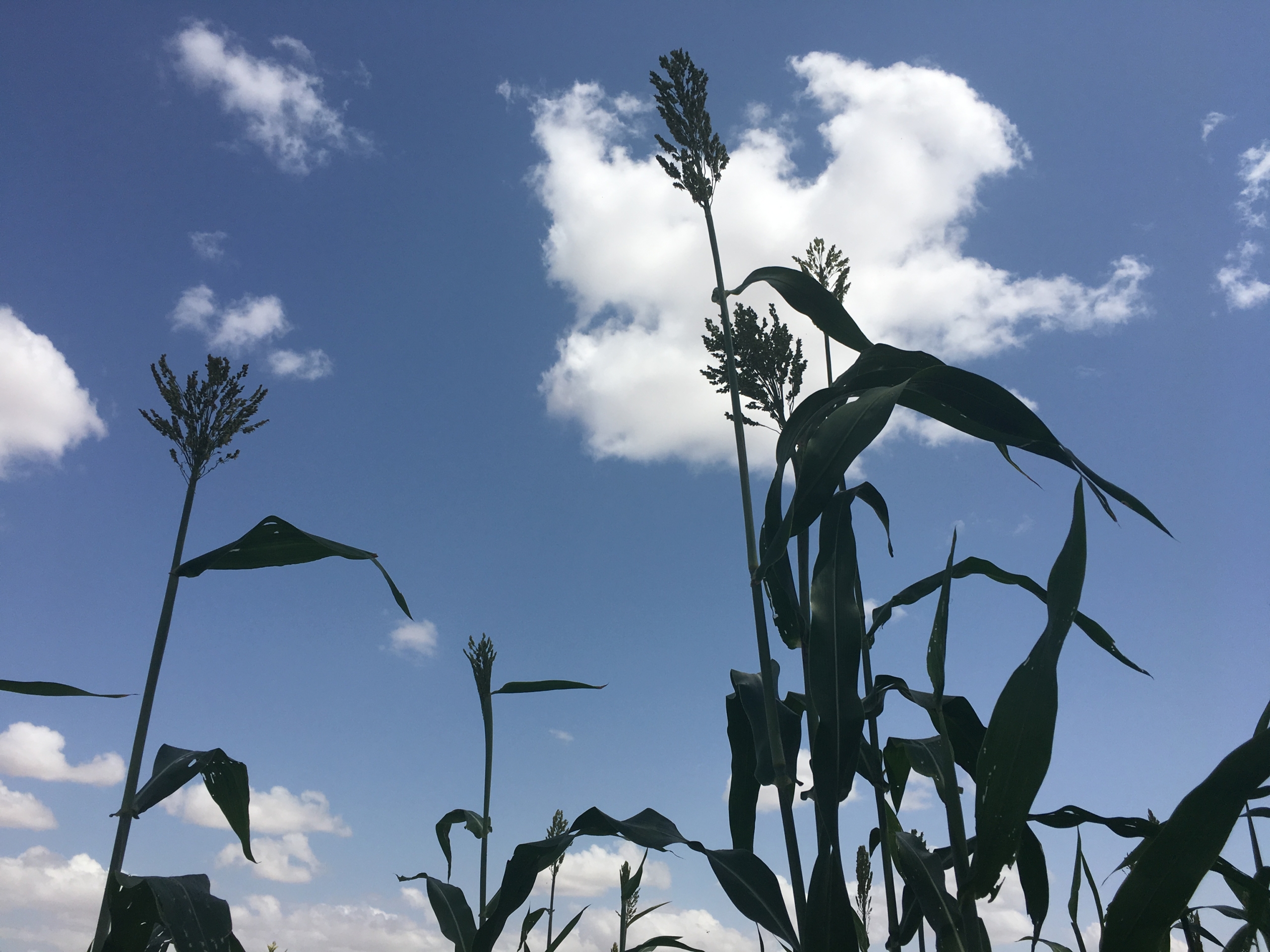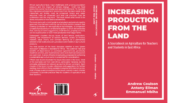Agricultural extension
Some thoughts by a lay person
Catherine Dom
18 July 2013
/
- 1 Comments
I read the two papers on agricultural extension in Africa by esteemed and expert colleagues with interest. My own thoughts are those of a lay person but who in recent years has learnt a little more on the complexity of the topic. Two streams of ideas came to my mind. One about ‘us here’ in the West and the other about one of the countries where I have been working for the last fourteen years – Ethiopia.
First, on ‘us here in the West’… I know nothing about the ways in which agricultural extension is organised in Europe or the US. I suspect it’s quite variable – certainly if one counts in the new Europe (Eastern and Central European countries like Romania…). But, even if most of it is ‘privatised’, i.e. farmers pay for it one way or another in many countries, is it not the case that on balance farming is so heavily subsidised that this is dwarfing any such costs? At any rate, and this is the more general point that came to my mind, one may need to look at all types of subsidies that a government extends for or which affect agriculture and not just the way extension services are organised.
Second, in the past few years I have come to think that in Ethiopia the agricultural extension system at present looks more like a dual system. In the same way, actually, as the government’s dual policy with regard to land tenure: this may not be explicit policy but certainly is ‘de facto’ policy.
- On one hand, state ownership of land and state-financed and -delivered agricultural extension services for smallholders who in the government’s perspective need to be protected against the social upheaval that would ensue if land was privatised (farmers fooled by speculators and giving their land away for not much in return) and to be taught about modern farming.
- On the other hand, long-lease contracts and little government interference of any kind for the ‘investment land’ entrusted to various types of investors, who are assumed to know all about farming or to know where to look for advice.
Regarding the latter the irony is that (i) it is not clear that the government hasn’t been fooled by speculators – a question which may be raised legitimately as so little is known about the conditions of these contracts… and (ii) it is not clear that these investors know enough about farming – there are experts who believe that they do not. Robin Palmer, another Mokoro colleague, circulated a very interesting paper on the topic a few weeks ago which categorically stated that many of the very large farms in Ethiopia were failing and would continue to fail due to a combination of inexperienced management and unnecessary costly investment in high-tech machinery.
Returning to the extension services for the smallholders, our village level research suggests that in Ethiopia they are not at all abandoned! And yet that doesn’t mean that the extension as it works is really helpful. Through government-paid Development Agents, government-organised ‘development teams’ and ‘1-5 networks’, the examples of government-selected ‘model’ or ‘champion’ farmers, government-sponsored experience-sharing visits and frequent meetings and training, they are intensively taught and in some instances coerced into adopting practices that are supposed to be good for them. Sometimes after years the government finally discovers that some of it was actually bad advice. For instance it was finally discovered that the only fertiliser formula promoted for years is lacking critical nutrients and likely to have led to impoverished soil at least in some areas of the country where farmers have actually tried to say this for years. The irony there is that farmers may know better than the extension services…
What has not changed for years is the heavy presence of government in extension. But what has changed is that since a few years ago agricultural inputs, which used to be provided on credit, no longer are and have to be paid for in cash. That is because the loan recovery performance (by the government offices providing the credit in most Regions except Tigray) was dismally poor – so that in reality these inputs were subsidised at least in some areas where farmers had the habit of not repaying. Well, no longer and so, now that farmers might want to use fertiliser – not least because as they say the soil has become addicted to it – it is generally hard to afford except for the richer ones, the more so as the price of fertiliser has tremendously increased in the past few years as well.
Our research suggests that this de facto lesser degree of subsidy of extension is an issue for the poorer farmers. But it also shows that there is a general dislike of the extension approach and in particular, the enforcement and the lack of accountability of the system. Also, even for better-off farmers (often with more land, labour and capital) the balance between higher output prices (pushed up by the inflation of the past few years) and higher costs of inputs remains in many instances uncertain given the uncertainty of the weather and decades of under-investment in irrigation.
We also find that there are cases where government extension advice is useful, but many cases in which positive developments (let’s say, developments leading to higher incomes for some farmers in a community) are unrelated to the extension system (no advice on enset, a critical staple crop in many parts of Southern Ethiopia, or on chat which is proving to be a booming cash crop, or on spices or higher value crops while the Development Agents continue to focus on grain…). Finally we find that marketing is left to farmers. This may be ‘just as well’ in the neoliberal approach, but in a vast and fractured country where road access and market information channels are slowly improving but from a very low base… the lay person in me believes that more effort in developing market information systems and ensuring smallholders’ access to them should pay…
In other words again, I think it may be misleading to look at the issue of the role of government in extension without also thinking of its role (including abstaining from any action!) in relation to the myriad other factors that matter in making agriculture a viable or even attractive proposition for the millions of African households that still live on and off the land.
Last, but not least… From our research it also becomes clear that an increasing number of Ethiopian households will have to rely more and more on non-farm livelihood options, even though this need not mean that they should move to towns – which would be unviable as well, anyway. What does this mean in relation to extension advice to rural households? It seems that what is needed is a cadre of people who would be much more multi-skilled and able to advise households on different types of options, or a network of different cadres but working closely together. Could this be left to the private sector? Would households spontaneously turn to seek business development skill training from private providers if they could be found? And again, I guess this necessity of finding ways of nudging rural dwellers to embrace non-land based and profitable activities isn’t specific to Ethiopia.
You must be logged in to post a comment.




Very interesting article indeed. I am a layman too and commenting from what I see in my country Malawi, I find a lot of similarities with the Ethiopian experience about the delivery of village level extension services by government. When I drive round the countryside, especially at the time in readiness for the next farming season, I find that for a lot smallholder farms in the rural areas, and sometimes even the urban areas, the fields are prepared and left clean by burning any dry vegetation remaining in the field. What is that – after more than forty years of extension services? It is so common, and becoming more common. What are extension services doing?
My curiosity though, for my fellow layman, was if she could also say something about the connection between extension and the locally developed technologies in Ethiopia. There is silence on this. Government extension seems to be tied to government research technologies in my countries and in my country we have no good way for measuring the efficacy of locally produced technologies. They could be seed varieties or agronomic practices. What is the basis of extension in Ethiopia? How much of it is being taken up by local farmers?